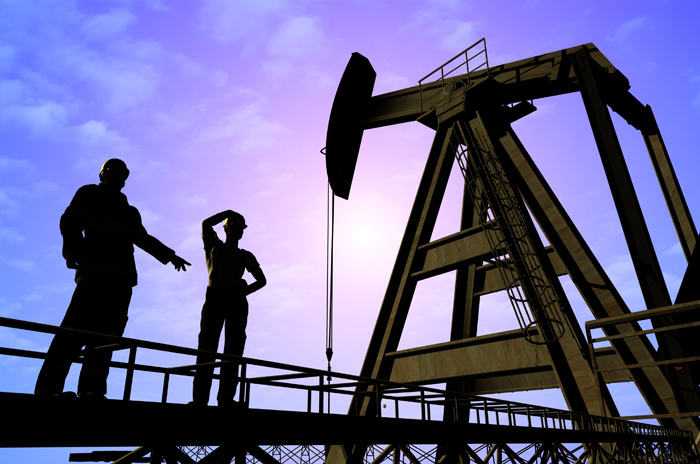
#ReadersResponse: Expat residents and local citizens alike are happy that the conditions of the local economy will improve, following the upswing in oil prices that was reported last week.
The Dubai Mercantile Exchange reported that the value of Omani oil was now priced above $88 per barrel, the highest it has ever been in four years’ time, and this has brought a renewed sense of optimism to people, who hope that this will add further momentum to the ending of the downturn.
Ahmed Al Wahaibi, an engineer in the country, said, “I recently got married but was unable to afford a new house for my wife and so we are staying with my parents. I don’t like intruding on my parents’ and my brothers’ and sisters’ privacy, but our financial situation is not quite good at the moment as I am the eldest and have many responsibilities for my family. If the oil prices have increased, this means that our company may provide us bonuses in the future and I can use this bonus maybe as part of a down payment on a new house.”
Mohammed El Shukri, an Egyptian national, said he would send any extra money he earned to his ailing family back home in Alexandria. Speaking to Times of Oman, he said, “my mother and father are quite old, and my dad has to undergo some surgery, but they have been putting it off for some time because they don’t want to pressure me for money. They call at least once every two weeks to ask me if the situation is better, because they are my family and they care for me, and sometimes, it breaks my heart to tell them that I can’t send them the amount they need because the situation here is a little bit difficult.
“The money I am sending them is of course sufficient to buy medicines and other important things, but my father needs the surgery, and the first thing I am going to do if and when I get a bonus or an increment is to send it to him so that he can get better quickly,” added Mohammed. “I also have a smaller brother who is in school so this will help with his fees as well, and give my parents some cushion in terms of financial benefits for the future.”
Rakesh Kumar, an Indian expat who worked as a manager in the construction sector said the money he’d potentially receive would go towards his younger sister’s wedding back home.
“If you have attended an Indian wedding, you will know that it is not a simple occasion,” he said. “There are many expenses that we have to bear, least of all the new clothes and jewels that will need to be bought for my sister. She plans on getting married next year and as her brother, I have a responsibility towards her. There is the hall to be arranged, so many facilities to be made for people, I have to organise food preparations and many other ritual arrangements that have to be made well in advance because as the day draws nearer, these things become more and more expensive.
“When the big day comes near, I want to be by her side and watch as she gets married because this is a very happy occasion for all of us so I will arrange for a few days’ leave,” added Rakesh. “Any money that I will now get as a bonus will go straight to her.”
However, Fabio Scacciavillani, Chief Economist of the Oman Investment Fund, said it would take time for public spending to increase.
“I know people are anxious to get access to more spending power, because the downturn has not been good for them, but it will take the rest of this year and a lot of the next year to come back to the good times we were used to,” he said. “The government has borrowed money during this period to ensure that its social obligations are met and this will first have to be paid back, and only then will money begin to come into the system.”